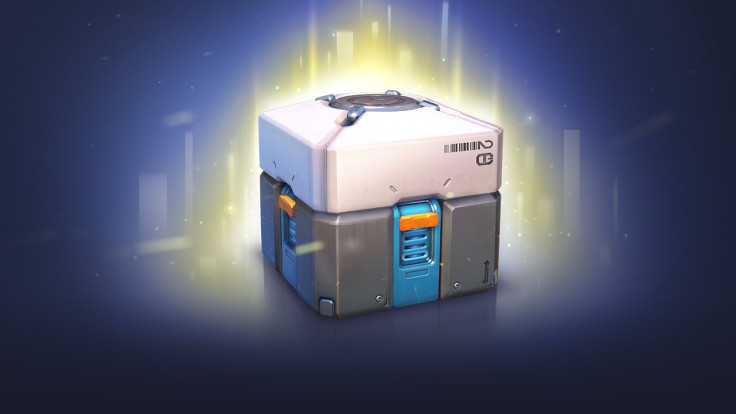Microtransactions and loot boxes have taken hold of the $60 experiences we love and threaten to change them forever. Just over the past few weeks, we’ve seen titles like NBA 2K18, Destiny 2, Middle-earth: Shadow Of War and Forza Motorsport 7 get raked over the coals for their own ridiculous systems of random chance. Some are pay to win, some are consumable and some are just plain greedy. The point is, nobody likes them, and it’s the gamer’s fault they exist.
These four silly arguments are the reasons why publishers continue to push the envelope with microtransactions in $60 games.
1) Game Development Is So Expensive Now : With average budgets stretching to $60 million and beyond, triple-A games are definitely pricey to create, but there’s still no reason why microtransactions are an acceptable source of income today when it was not leveraged by publishers a few years ago. Consider this list from Now Loading: Max Payne 3 from 2012 cost $110 million to make in today’s money, but we didn’t see any microtransactions there. The same goes for 2008’s Too Human, which cost about $111 million, funded by Microsoft. These are nearly double the cost of the $60 million average without any intrusive loot boxes.
Big name publishers have always been spending big money on its blockbuster games. It’s only now they’ve figured there are gamers willing to accept microtransactions to recoup the cost. Games get bigger and take more time to finish, but advances in development tools also let creators do more in less time. Game development has always been expensive, but it’s only now that we have microtransactions.
2) Well I Don’t Buy Loot Boxes: Every time you purchase a game, you’re essentially sending a signal to its publisher that you support everything in the box. That may not be the case, but the numbers on the sales chart don’t convey the nuance.
The reason why developers continue to push the loot box envelope today is because people continue to buy products that feature microtransactions. All of the franchises mentioned above have sold well enough to earn the respect of its publishers. Especially in the case of 2K18 and Destiny, there’s been a slow increase in how pervasive the microtransactions have become. Yet, the game keeps selling. But let’s not stop at these examples. Think about success stories like Overwatch or Rocket League too. Publishers see those sales and awards, helped by those who ignore microtransactions, and strive to emulate it. Now most games have fees because we’ve indirectly allowed it.
3) Loot Boxes Don’t Detract From Gameplay: Those who allowed the microtransaction cancer spread through gaming often suggest the system has little impact on the games they play. That’s categorically wrong. Let’s face the facts: developers put microtransactions in games because they want you to buy them. Even if you have the will to resist, all games that take advantage are going to pressure you into spending.
Consider a game like Overwatch that places the lion’s share of its fees on cosmetics. If the loot box system weren’t in place, wouldn’t it let you experience the game differently than you are today? You might not feel the need to grind or the desire to keep playing even when you don’t want to. Whether you’re paying for microtransactions or grinding to avoid them, everyone feels the effects.
4) It’s Just Cosmetic: Gamers often give a pass to titles that only leverage microtransactions for cosmetics, but that excuse is exactly why we’re faced with the problems we must confront now. Publishers have found an acceptable way to siphon as much money as possible, and it’s essentially giving them the license to push forward and see what they can get away with.
Consider Middle-earth:Shadow Of War and Forza 7 in this regard. These are two franchises that never had loot boxes before that suddenly feel the need to add them. Why does a single-player action game or a racing game need loot boxes? The gameplay loop seems nonsensical with them in place. It’s all very experimental, but these experiments exist because we’ve established a threshold of acceptability that should’ve been cut off from day one.
That’s just my opinion, though, and you’re more than welcome to disagree.
Are we to blame for microtransactions that threaten to ruin games? Are you fine with how these systems work? Tell us in the comments section!














![[EG April 19] Best 'Stardew Valley' Mods That Will Change](https://d.player.one/en/full/226012/eg-april-19-best-stardew-valley-mods-that-will-change.png?w=380&h=275&f=955520b8313253ee3c39c791f6210f38)



